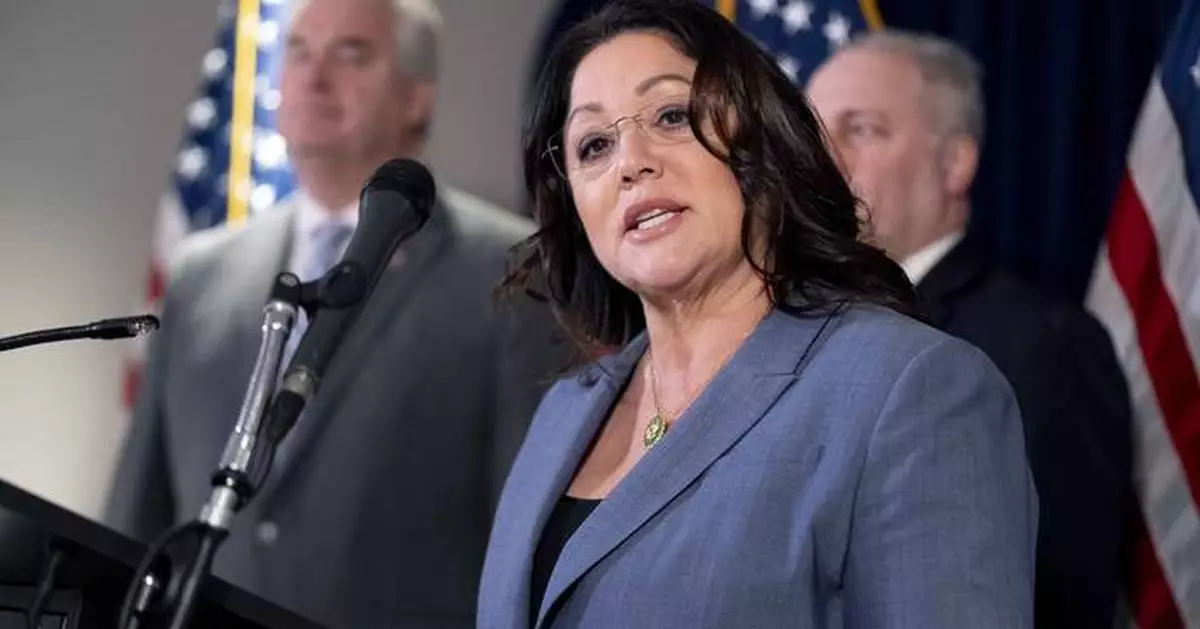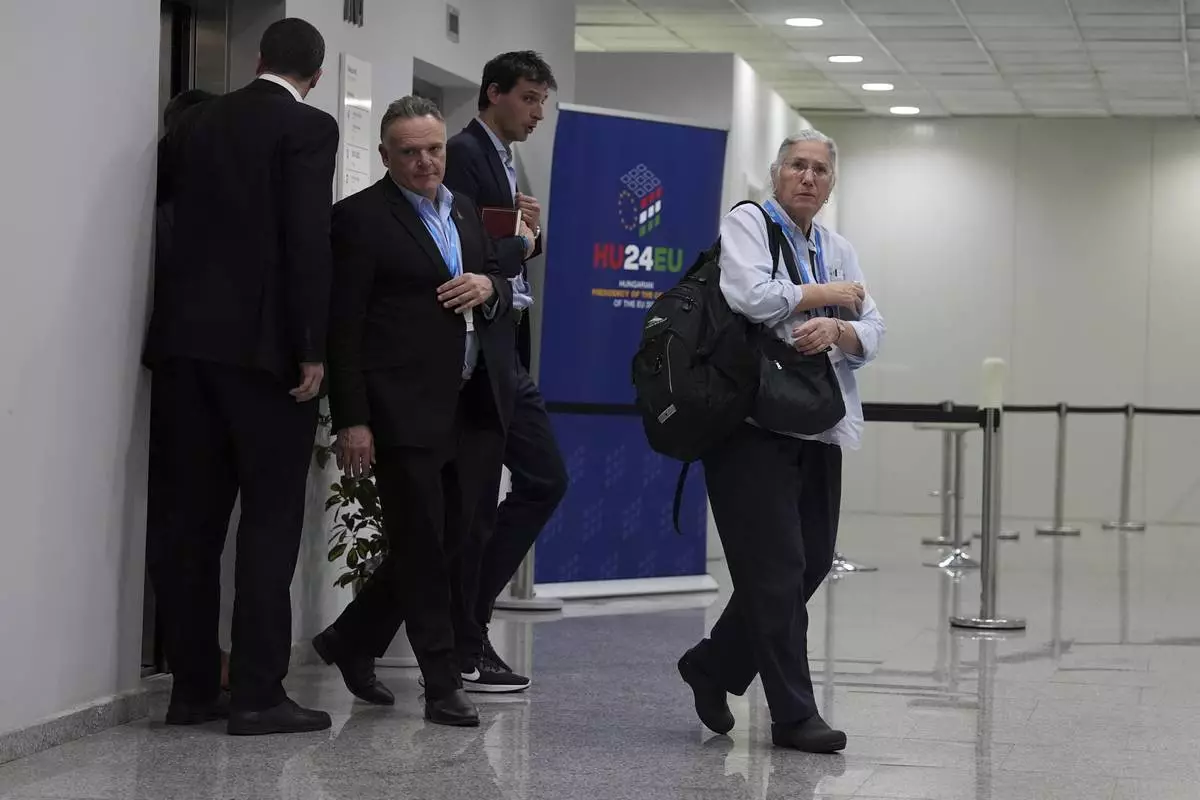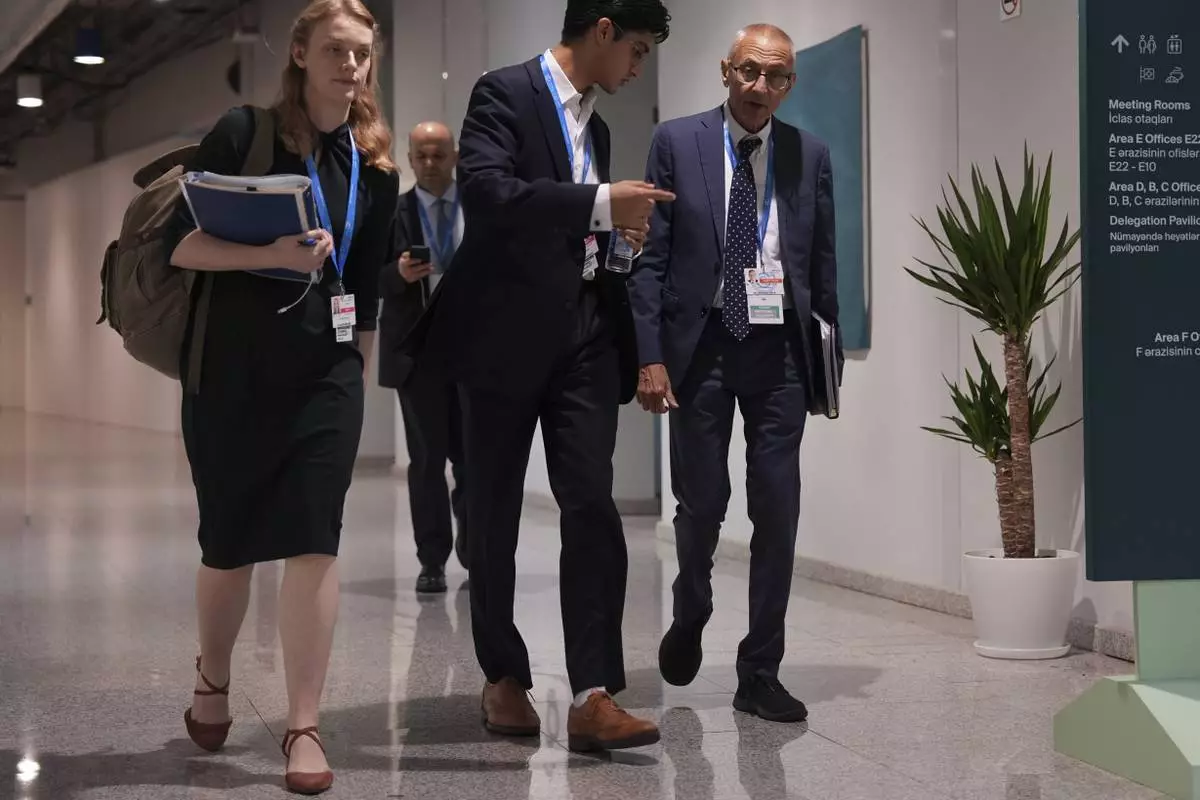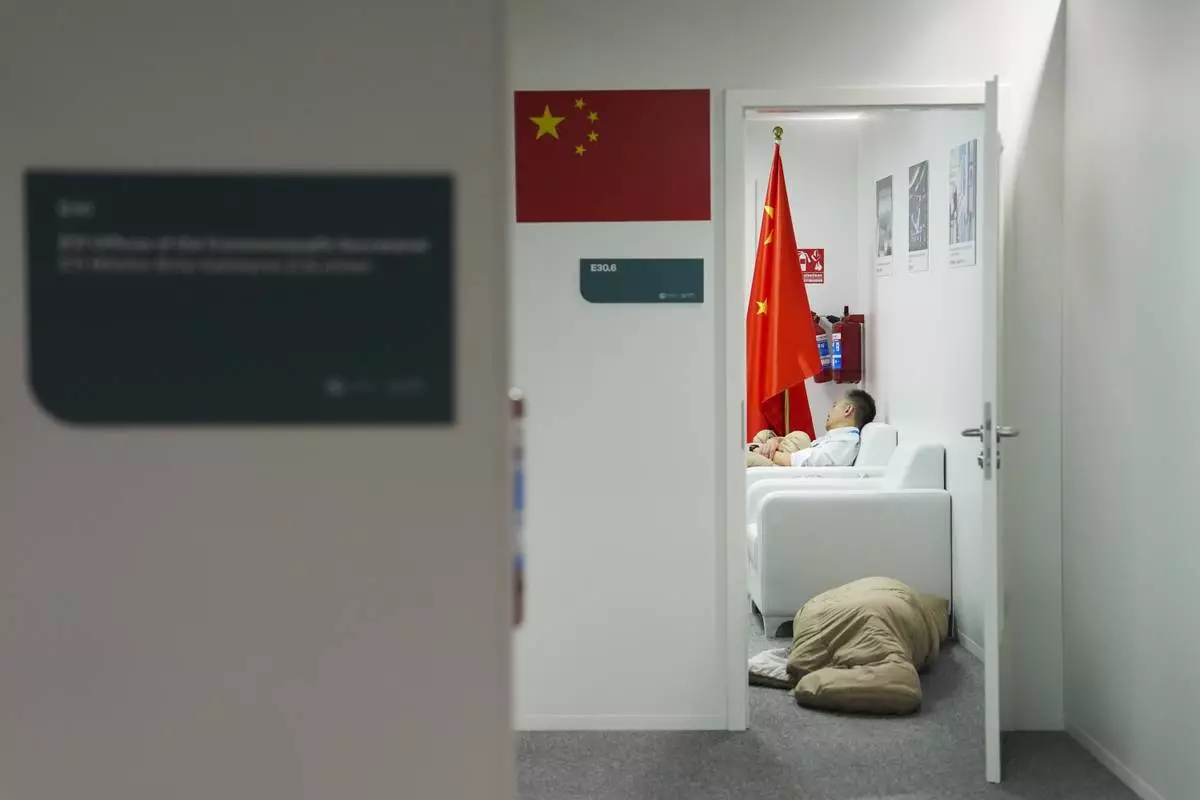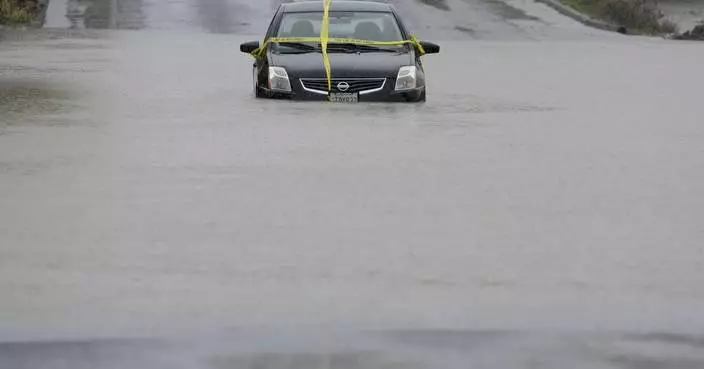WASHINGTON (AP) — President-elect Donald Trump on Friday named Oregon Rep. Lori Chavez-DeRemer to lead the Department of Labor in his second administration, elevating a Republican congresswoman who has strong support from unions in her district but lost reelection in November.
Chavez-DeRemer will have to be confirmed by the Senate, which will be under Republican control when Trump takes office on Jan. 20, 2025, and can formally send nominations to Capitol Hill.
Here are things to know about the labor secretary-designate, the agency she would lead if she wins Senate approval and how she could matter to Trump's encore presidency.
Chavez-DeRemer is a one-term congresswoman, having lost reelection in her competitive Oregon district earlier this month. But in her short stint on Capitol Hill she has established a clear record on workers' rights and organized labor issues that belie the Republican Party's usual alliances with business interests.
She was an enthusiastic back of the PRO Act, legislation that would make it easier to unionize on a federal level. The bill, one of Democratic President Joe Biden's top legislative priorities, passed the House during Biden's first two years in office, when Democrats controlled the chamber. But it never had a chance of attracting enough Republican senators to reach the 60 votes required to avoid a filibuster in the Senate.
Chavez-DeRemer also co-sponsored another piece of legislation that would protect public-sector workers from having their Social Security benefits docked because of government pension benefits. That proposal also has lingered for a lack of GOP support.
Chavez-DeRemer may give labor plenty to like, but union leaders are not necessarily cheering yet. Many of them still do not trust Trump.
The president-elect certainly has styled himself as a friend of the working class. His bond with blue-collar, non-college educated Americans is a core part of his political identity and helped him chip away at Democrats' historical electoral advantage in households with unionized workers.
But he was also the president who chose business-friendly appointees to the National Labor Relations Board during his 2017-21 term and generally has backed policies that would make it harder for workers to unionize. He criticized union bosses on the campaign trail, and at one point suggested members of the United Auto Workers should not pay their dues. His administration did expand overtime eligibility rules, but not nearly as much as Democrats wanted, and a Trump-appointed judge has since struck down the Biden administration's more generous overtime rules.
And though Trump distanced himself from the Heritage Foundation’s Project 2025 during the campaign, he has since his victory warmed to some of the people involved in that conservative blueprint that, broadly speaking, would tilt power in the workplace even more toward employers and corporations. Among other ideas, the plan also would curb enforcement of workplace safety regulations.
After Trump's announcement Friday, National Education Association President Becky Pringle lauded Chavez-DeRemer's House record but sounded a note of caution.
“Educators and working families across the nation will be watching ... as she moves through the confirmation process,” Pringle said in a statement, “and hope to hear a pledge from her to continue to stand up for workers and students as her record suggests, not blind loyalty to the Project 2025 agenda.”
AFL-CIO President Liz Shuler praised Chavez-DeRemer’s “pro-labor record in Congress,” but said “it remains to be seen what she will be permitted to do as Secretary of Labor in an administration with a dramatically anti-worker agenda.”
Labor is another executive department that often operates away from the spotlight. But Trump's emphasis on the working class could intensify attention on the department, especially in an administration replete with tremendously wealthy leaders, including the president-elect.
Trump took implicit aim at the department's historically uncontroversial role of maintaining labor statistics, arguing that Biden's administration manipulated calculations of unemployment and the workforce.
If she is confirmed, Chavez-DeRemer could find herself standing between the nonpartisan bureaucrats at the Bureau of Labor Statistics and a president with strong opinions about government stats and what they say about the state of the economy — and the White House's stewardship. Her handling of overtime rules also would be scrutinized, and she could find herself pulled into whatever becomes of Trump's promise to launch the largest deportation force in U.S. history, potentially pitting Trump's administration against economic sectors and companies that depend heavily on immigrant labor.
Chavez-DeRemer was the first Republican woman elected to Congress from Oregon. She joins Secretary of State-designate Marco Rubio, the Florida senator, as the second Latino pick for Trump's second Cabinet. Trump's first labor secretary, Alexander Acosta, also was Latino.
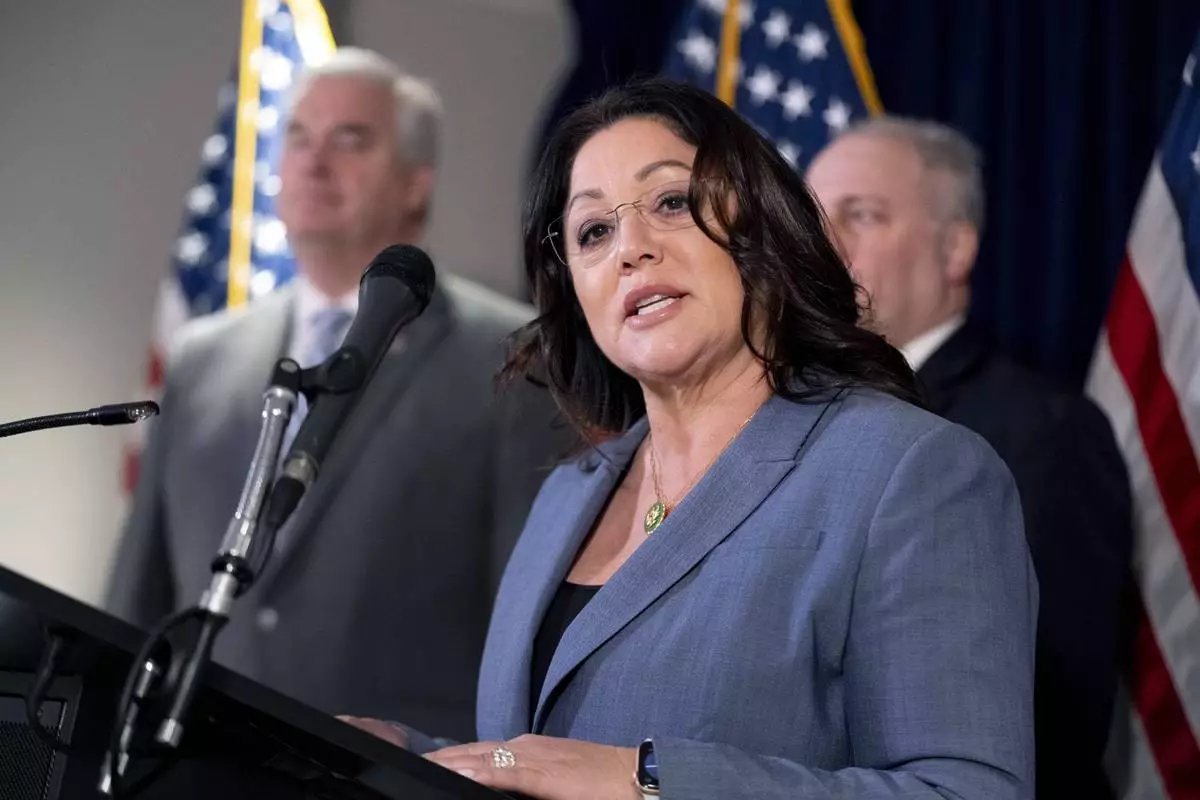
FILE - Rep. Lori Chavez-DeRemer, R-Ore., accompanied by Majority Whip Rep. Tom Emmer, R-Minn., left, and House Majority Leader Rep. Steve Scalise, R-La., right, speaks at a news conference on Capitol Hill in Washington, Jan. 25, 2023. (AP Photo/Andrew Harnik, File)


